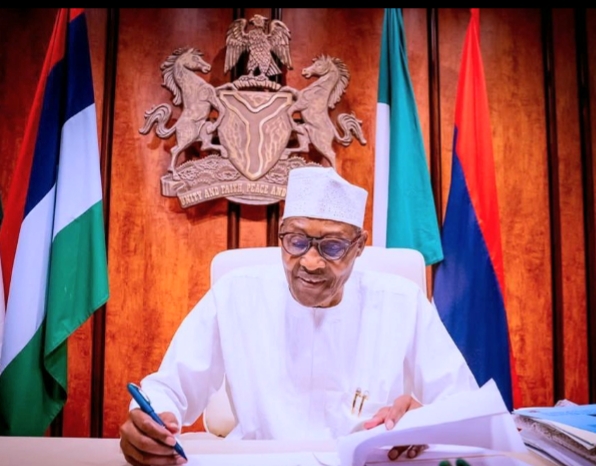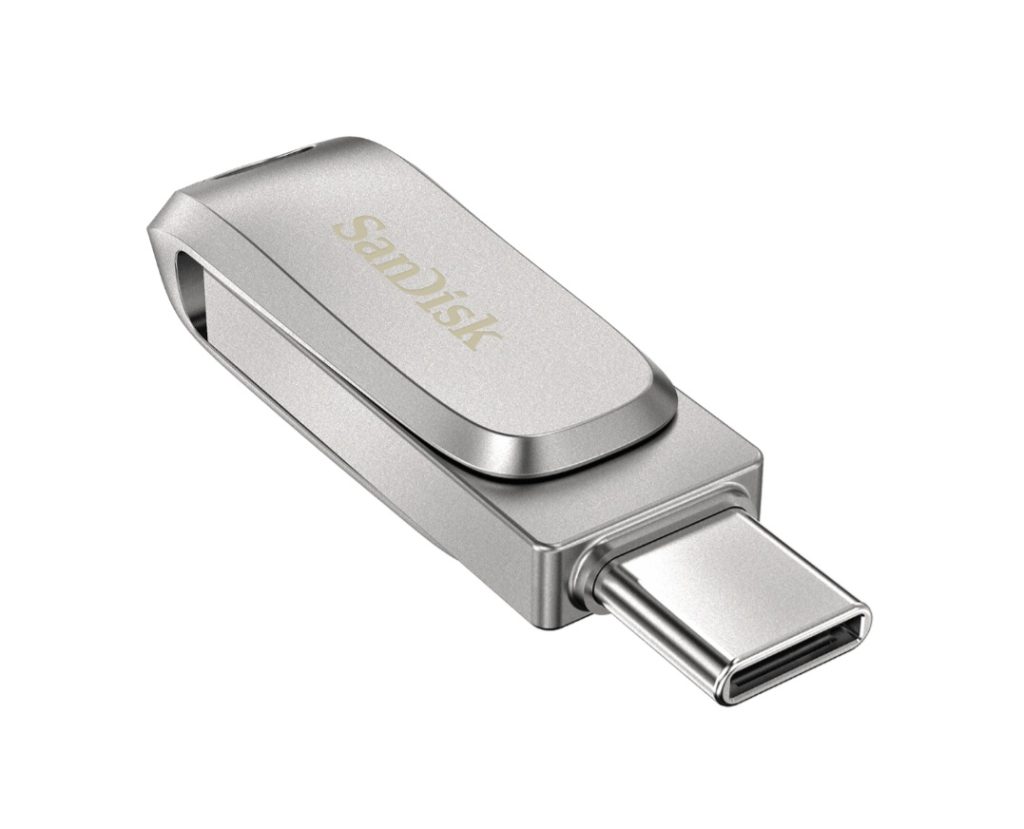President Muhammadu Buhari has approved the exemption of the digital economy sector from 5 per cent excise duty.
The Minister of Communications and Digital Economy, Prof. Isa Pantami, made this known at a press briefing organised by the Presidential Review Committee on Excise Duty in Abuja on Tuesday.
The minister had, on September 5, 2022, suspended the imposition of a 5 per cent excise duty on the sector.
Pantami, who is the chairman of the committee set up for reviewing the proposed excise duty in the telecom sector, said the committee had carried out its national assignment and accordingly submitted its report to President Buhari, justifying why the sector should be exempted.
READ ALSO:
Ogun Ex-permanent Secretary, Wife Found Dead In Lagos
US Hails INEC, Threatens Visa Ban Over Violence, Intimidation
BREAKING: Ramadan Begins on Thursday, March 23, Saudi Declares
BREAKING: NNPP Candidate’s victory: Kano Imposes Dawn To Dusk Curfew
He stated that the committee’s submissions can be summed up in three arguments put forward to justify why additional burden in form of taxes or any level should not be imposed on the telecom sector to prevent a reversal of the important contribution the sector is making to the growth of the Nigerian economy.
“Our justifications are based on three premises: First, is the fact that operators in the telecoms sub-sector of the digital economy industry currently pay no fewer than 41 different categories of taxes, levies, and charges; secondly, that telecoms has continued to be a major contributor to Nigerian economy in terms of Gross Domestic Product Contribution (GDP).
The third ground for contesting the excise duty in telecom sector is the fact that, despite increase in the cost of all factors of production across sector, and naturally leading to increase in costs of products and services, telecom sector is the only sector where cost of service has been stable and in many cases continued to go down over the past years and therefore, adding more burden will destroy the sector,” Pantami said.
READ ALSO:
Over 130 CSOs, Lawyers Resume ‘Bawa Must Go Campaign’
EFCC Grills Four NCAA Chiefs Over Alleged N2bn Fraud
Mansa Musa: Story Of Richest Man That Ever Lived
The minister added that Buhari, after looking into the arguments put forward by the committee and relying on the provision of Section 5 of the Nigerian 1999 Constitution, as amended, has therefore, exempted telecom sector from the list of sectors to pay the excise duty as stated in Finance Act of 2021 and other subsidiary legislations, all of which are not as superior as the Constitution which permits the President to grant such waiver.
Pantami said: “I am happy to report to you that President Muhammadu Buhari, GCFR, has approved the exemption of the digital economy sector from the five percent excise duty to be paid and this is because of the strength of the argument presented to him by the committee that additional burden on telecom sector will increase the sufferings of Nigerians and that other sectors that are not making as much contribution to the economy should be challenged to do more and pay the 5 per cent excise duty.”
The minister assured Nigerians, who are telecom consumers, that the presidential exemption given to the telecom sector shall be sustained by the incoming administration as “the decision by the President is not about any political party or any administration but about Nigeria and welfare of Nigerian citizens.”
He noted that the digital economy sector has continued to contribute significantly to the growth of the Nigerian economy, having contributed 14.07 per cent to the GDP in the first quarter of 2020; 17.79 per cent in the second quarter of 2021; and 18.44 per cent in the second quarter of 2022.
He said the sector has also increased its quarterly revenue generation for the government from N51 billion to over N480 billion, representing a growth of 594 per cent; while the cost of buying data has also reduced from N1,200 in 2019 to N350 presently, despite the increase in the cost of operations, including the energy challenge that has caused mobile network operators to power base stations with over 32,000 power generating to provide seamless services to their teeming consumers.





